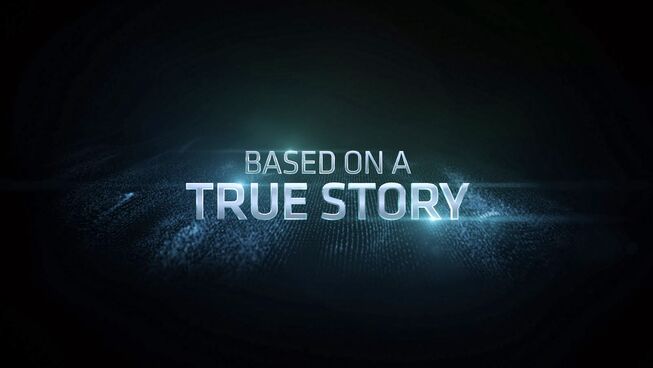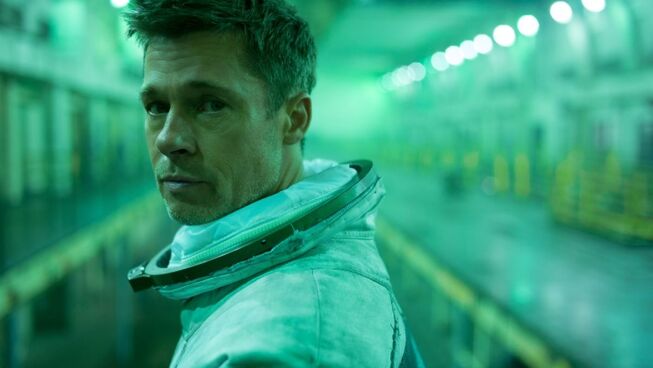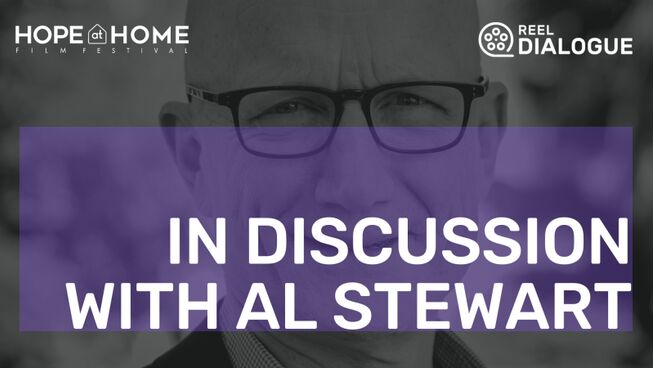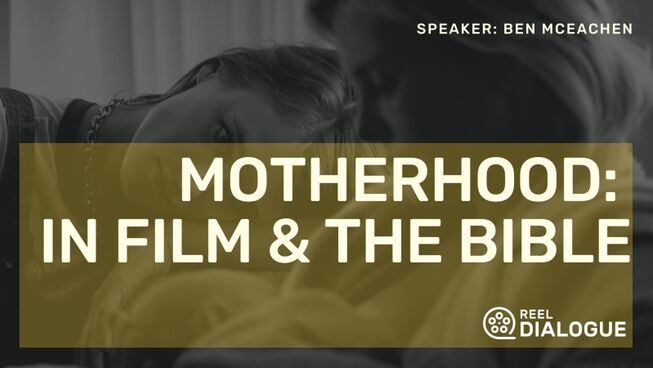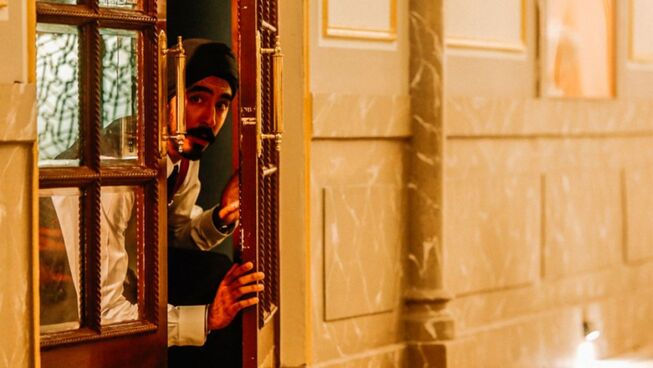
3 out of 5 stars
'Terrorism has become a festering wound. It is an enemy of humanity.' - Atal Bihari Vajpayee
To most outside of the beautiful land of India, Mumbai may not have the same implications as other world cities. For the residents of India, this is more than a city of over 20 million, it is one of the cultural hubs of the nation and is known as the financial and entertainment capital. The stock exchange and Bollywood film productions attract a diverse array of people from all around the world and the Taj Mahal Palace Hotel is one of the most prestigious and majestic places for visitors to stay. When this palatial building and other key tourist destinations around India became the target of terrorist activity in November of 2008, the city of Mumbai was at the centre of the attention of the world.
Hotel Mumbai takes the stories of those affected directly by these attacks by capturing the staff and hotel guests view of the terrorist siege. Even with the Pakistani Muslim radicals beginning the series of violent attacks in the train station and other locations throughout the city, things truly begin to escalate when the small band of men manage to take people of the massive hotel hostage. Due to the lack of resourcing and preparedness, the local police were overwhelmed by the calculated invasion. The terrorists were afforded days to systematically kill over 170 staff and guests before taking some of the wealthier residents hostage.
In amongst the carnage, a light of hope came through the sacrificial efforts of Chef Hemant Oberoi (Anupam Kher) and the hotel staff. The lives of the remaining guests were put into the hands of the Taj’s team to protect them from the assailants and to try getting everyone to safety. Amongst the guests were new parents David and Zahra (Armie Hammer and Nazanin Boniadi) and Russian businessman Vasili (Jason Isaacs) who attempt to assist Oberoi, the staff and waiter, Arjun (Dev Patel), by helping everyone to survive. Due to delays of the arrival of the Indian special forces, this unconventional group work to stay ahead of the gunmen until they can be rescued.
The military precision and intensity of action begins in the opening credits and first-time director, Anthony Maras, never lets up on the pressure until the end. The majesty of the celebrated hotel is evident and audiences will begin to get a glimpse into the lives of the staff and guests, but the beauty of the building and the people are overshadowed by the extensive violence. Being a terrorist act, it is no surprise that the focus would be on the vicious nature of these attacks and come at the expense of character development.
The performances of Kher, Patel, Hammer and Boniadi does provide the heart of film by showing the sacrificial nature of the staff and the devastation of these unexplained acts of aggression. Between the sprays of bullets and explosions, audiences will get brief instances of humanity that offer minuscule moments of hope amongst the tragedy. This emotional ride through the best and worst of the human condition may be a bit much for most people to endure, but it does show the delicate balance of human intentions and the human heart. Hotel Mumbai does highlight the utterly despicable nature of terrorism against humanity, but does show how mankind can rise up against evil.
Reel Dialogue: CPX / Life & Faith: On Terror
Our friends at the Centre for Public Christianity look at how terrorism affects people in our everyday lives.
One of the defining narratives of the twenty-first century is the threat of global terrorism. It dominates the news cycle and is one of our society’s greatest fears.
According to a recent Pew study, Australians consider the so-called Islamic State (ISIS) as the global threat they are most concerned about – 69 per cent of people responded that they were “very concerned” about ISIS, ahead of climate change and the economy.
This response means that for most Australians, terrorism isn’t a vague global threat that we perceive from afar – it’s real, frightening and near.
Listen in to this great discussion between Simon Smart, Natasha Moore, Richard Shumack, Professor Greg Barton, and Leisa Aitken that goes straight to the heart of the key themes of Hotel Mumbai: Terrorism, religion and how these things impact our everyday lives.

